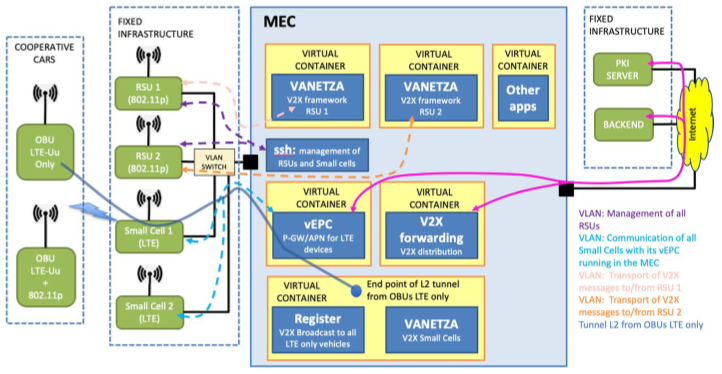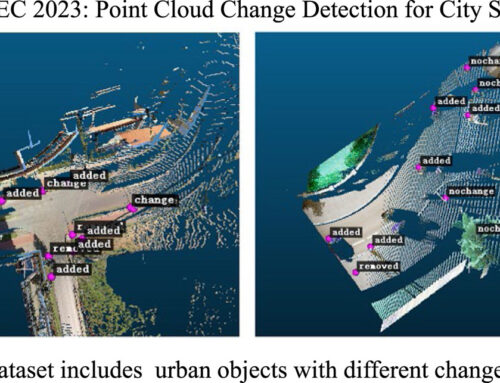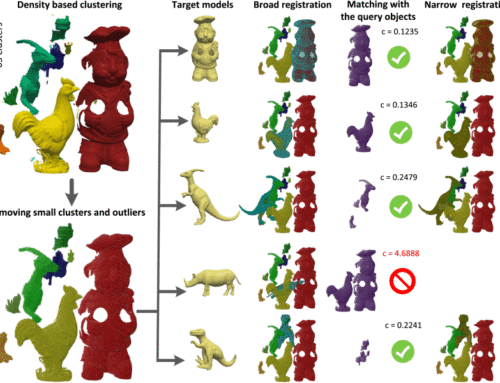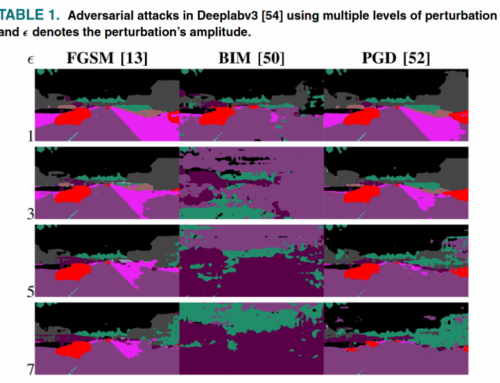CARAMEL: Results on a Secure Architecture for Connected and Autonomous Vehicles Detecting GPS Spoofing Attacks
The main goal of the H2020‑CARAMEL project is to address the cybersecurity gaps introduced by the new technological domains adopted by modern vehicles applying, among others, advanced Artificial Intelligence and Machine Learning techniques. As a result, CARAMEL enhances the protection against threats related to automated driving, smart charging of Electric Vehicles, and communication among vehicles or between vehicles and the roadside infrastructure. This work focuses on the latter and presents the CARAMEL architecture aiming at assessing the integrity of the information trans‑mitted by vehicles, as well as at improving the security and privacy of communication for connected and autonomous driving. The proposed architecture includes: (1) multi‑radio access technology capabilities, with simultaneous 802.11p and LTE‑Uu support, enabled by the connectivity infrastructure; (2) a MEC platform, where, among others, algorithms for detecting attacks are implemented; (3) an intelligent On‑Board Unit with anti‑hacking features inside the vehicle; (4) a Public Key Infrastructure that validates in real‑time the integrity of vehicle’s data transmissions. As an indicative application, the interaction between the entities of the CARAMEL architecture is showcased in case of a GPS spoofing attack scenario. Adopted attack detection techniques exploit robust in‑vehicle and cooperative approaches that do not rely on encrypted GPS signals, but only on measurements available in the CARAMEL architecture.
C. Vitale, N. Piperigkos, C. Laoudias, G. Ellinas, J. Casademont, J. Escrig, A. Kloukiniotis, A.S. Lalos, K. Moustakas, R.D. Rodriguez, D. Baños, G.R. Crusats, P. Kapsalas, K.P. Hofmann and P.S. Khodashenas,“CARAMEL: Results on a Secure Architecture for Connected and Autonomous Vehicles Detecting GPS Spoofing Attacks”,Eurasip Journal on Wireless Communications and Networking, May 2021






